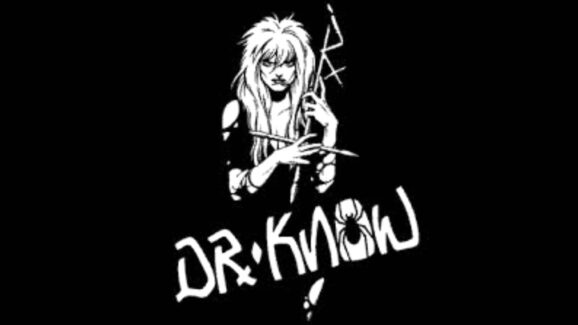Saxophonist and composer Immanuel Wilkins’ multi-media work, Blues Blood, marries nostalgia with concepts of ancestry, all with a keen awareness of Black struggles and the need for peaceful reflection. At times, Blues Blood seems like the work of a different artist, but it’s another stunning example of Wilkins’ creative approach. This time, his artistic vision taps into theatrical concepts, painting, and even cooking.
For the first time, we hear electronics in his work, undoubtedly influenced by co-producer Meshell Ndegeocello, and the presence of vocals on most tracks. Those vocalists, by design, form a multi-cultural coterie with Ganavya, of South Indian descent, Alyssa (AKA June) McDoom, a Black folk artist, and Ghanian vocalist Yaw Agyemen. Esteemed French-American vocalist Cecile McLorin Salvant joins them on three tracks as well. The core instrumental unit remains Wilkins’ quartet featuring pianist Micah Thomas, bassist Rick Rosato, and drummer Kweku Sumbry (also of Ghanian descent). Two other featured guests are guitarist Marvin Sewell and drummer Chris Dave.
One can’t help but think of the suite as a jazz form, popularized by such socially conscious works as Duke Ellington’s 1958 Black, Beige, and Brown and 1971’s Togo Brava. While those may have lurked somewhere in Wilkins’ inner consciousness, his major influences are several. The blues and gospel group Theaster Gates and the Black Monks inspired him to add vocalists. The album title owes to a quote from Daniel Hamm, a member of the Harlem Six, a group of young Blacks falsely accused of murder and beaten by prison guards in 1964. The short interludes to Steve Reich’s “Come Over” which also uses the voice of Hamm, and is inspired by a painting depicting the inside “Your Memory,” which leads into the title track with Hamm’s mistaken placement of the word ‘blues’ for ‘bruise’ tdent from visual artist Glenn Ligon. The fusing of voices, the use of electronics, and the post-production work unveiled for the first time on his albums owe partly to Ndegeocello. As with any suite, it’s meant to be heard, especially in this case as the Wilkins we’ve known from the first two efforts appears most clearly in the final closing title track.
Opening “Matte Glaze” is tranquil, with the three vocalists appearing and Wilkins and Thomas making their distinctive instrumental statements in this mid-tempo piece. The first hint toward the ancestral thread is a brief spoken word passage from Michael Olufummiloia. “Motion,” a co-write between Wilkins and McDoom, swings a bit more before morphing into atmospheric swells as if to connote how memories swirl together possibly. McDoom has the lyrics for “Everything” too, a piece featuring Ganavya, with spoken word from Esi Sumbry and flowing harmonies from Agyemen and McDoom that essentially extends the airy, atmospheric qualities of “Motion” but has this sense of eavesdropping on conversations before we hear Ganavya singing and chanting in Tamil, a South Indian language, with arresting effect. “Air” Is one of four interludes, most with voices and electronics that accent the ancestral theme and bloodline ties to African forbears.
The core quartet unwinds improvisationally on “Moshpit,” features the commanding voice of Agyemen and guest drummer Dave on “If That Blood Runs East” and culminates in the rousing title track where each musician and vocalist gets an individual spot. Wilkins says, “There is a dichotomy of Black peoples singing songs about how bad their conditions were, yet the blues is something that feels so good.”
Each time out, Wilkins becomes more cerebral. Although this may not be as accessible as his prior efforts, it is distinctly memorable, with healing power in its quiet intensity.









